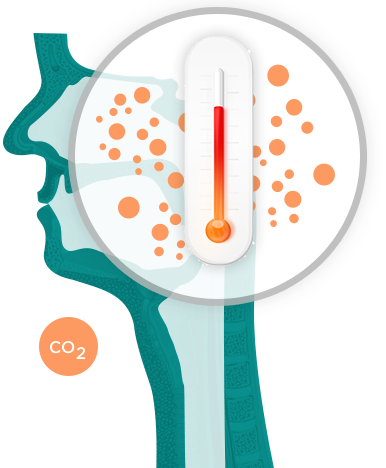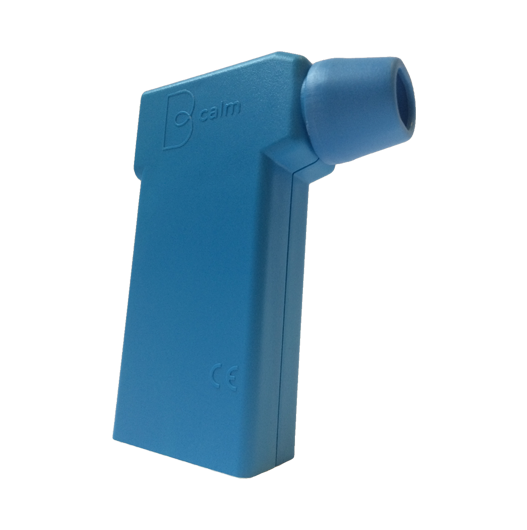Facts about panic
And relief is only a breath away...
Panic episodes can feel like lots of different things – in fact, you might not know that you've just had one. Although people can have 'sweating and racing heart' type symptoms, other people can feel a strange sense of disassociation, as though they have just jumped into their own body.
The main point though is that you can quickly feel better. And you're also not alone. If you start talking to friends about your experiences, you'll be surprised by how many seemingly cool, calm and collected people say 'me too!'

40 million people in the US alone have some kind of anxiety disorder 









